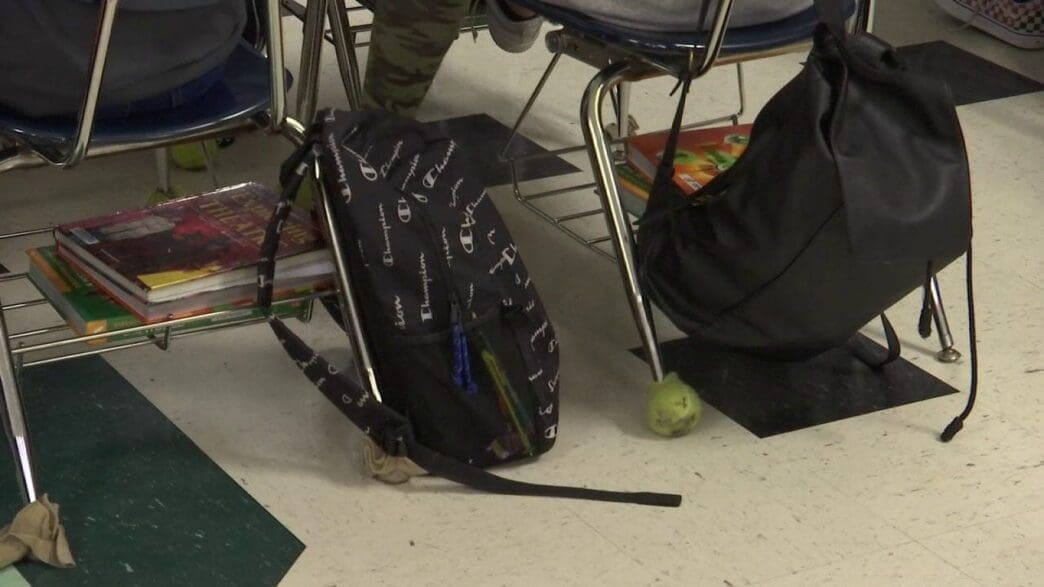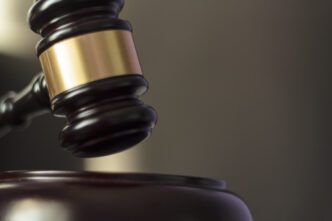Florida’s policymakers are revisiting the contentious issue of high school exit exams, a requirement that sets the state apart as one of only six in the nation still enforcing such tests. The debate centers around the exams’ effectiveness in assessing student capabilities.
Many educators argue that these exams do not accurately reflect the students’ knowledge and are a significant barrier to graduation. Lee Bryant, the president of the Pinellas County Teachers Association, criticized the standardized nature of the tests, stating, “Our exit exams should be based on what the teacher taught. The student teachers know what the strengths and weaknesses of the students are, and they know what they taught the students during the course of the semester or the year.” This perspective suggests a preference for assessments designed by teachers, which could more closely align with classroom instruction.
Despite the ongoing pushback against these exams, they remain a fixture in Florida’s education system, primarily due to financial interests. Some educational professionals have pointed out that economics play a role in maintaining the status quo. Corporate interests that manufacture and sell these tests have a stake in their continuation, influencing some legislators’ positions, as Bryant highlighted.
Furthermore, the emotional toll on students cannot be ignored. High-stakes testing often leads to severe anxiety among students, with Bryant noting, “Some kids tend to really freak out emotionally.” This stress underscores the argument for reevaluating the necessity of such exams.
The Florida Senate is now gearing up to consider new legislation addressing these long-standing concerns. Previous attempts to eliminate exit exams have repeatedly failed, but there remains hope among educators and lawmakers that this year could bring change.
The debate over high school exit exams in Florida epitomizes the complex interplay between education, economics, and emotional well-being. As discussions progress in the state Senate, the potential for reform may pave the way for more tailored and reflective assessments, aligning more closely with students’ true educational experiences.
Source: Fox13news








